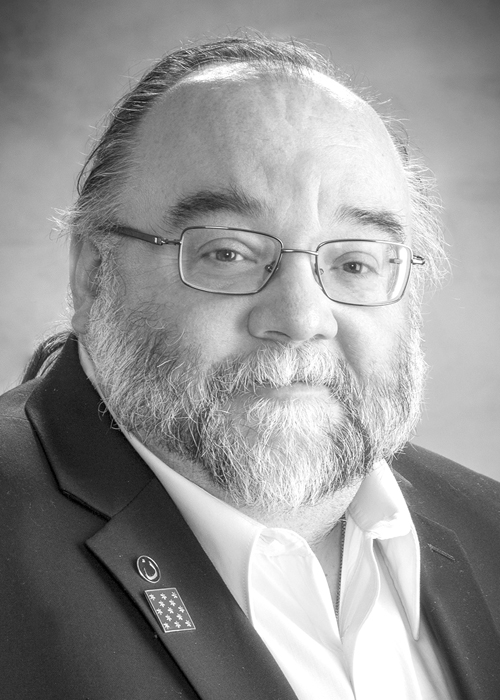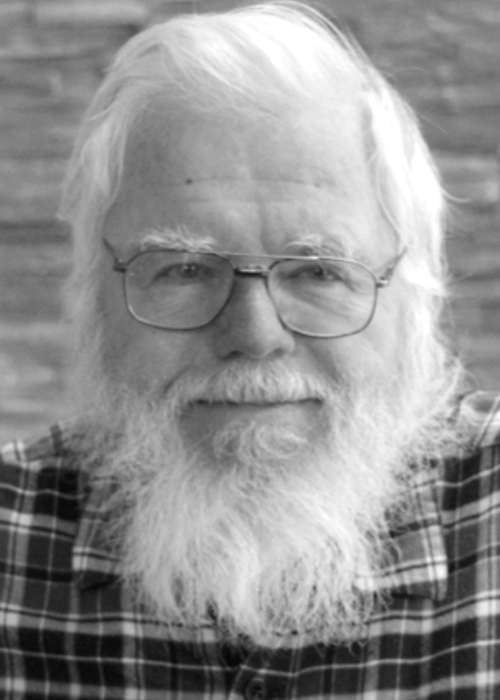Guide to Soils

Guide to Soils is more than a textbook—it's a field-ready companion for students, professionals, and anyone fascinated by the rich complexity of the soil that supports life on Earth.
It introduces the intuitive and memorable "POT Process"—Prepare, Observe, Translate—designed to help users assess soils in real-world applications.
Each attendee will be provided with a copy of Guide to Soils.
- What is a soil?
- Soil Classifications
- Soil Descriptions
- The POT Method
- Soil Water
- Soil Fertility and Use
- Soil Modification

Mr. Brian Oram is a licensed professional geologist and a Certified Professional Soil Scientist (CPSS) and owner of B.F. Environmental Consultants, which is based in Northeastern Pennsylvania and the Poconos region. He provides soils and hydrogeological consulting services and outreach and education programs to private well owners through KnowYourH2O.com

Dr. Brian Redmond is a licensed professional geologist and professor emeritus of geology and chemistry from Wilkes University. He directed water well drilling and testing in the Dominican Republic for six years in the Peace Corps, worked on water projects after disasters in Honduras and Venezuela and was president of HydroTech Ltd.
Wilkes University is an ABET accredited university and a provider of continuing education in Pennsylvania through the State Registration Board for Professional Engineers, Land Surveyors and Geologists.
A certificate of completion will be given to participants at the conclusion of the course listing the total hours (PDHs) completed. These hours may count towards the continuing education requirements for license renewal for professional engineers in Pennsylvania. Please refer to Act 25 for more information.
Hands on Field Training Course
Describing Soils for PASEOs
Topics covered include:
- How to identify soil horizons.
- Describing soil color, texture, rock modifier content, structure, consistency, boundaries and redoximorphic features.
- Identifying limiting conditions.
- Writing an accurate description.

Mr. Brian Oram is a licensed professional geologist and soil scientist with over 30 years experience in applied earth and environmental science and education.
Brian has developed targeted outreach programs to private well owners and city water users throughout the world and has assisted with watershed assessments, testing, and education programs in developing countries and the USA.
Wilkes University is a DEP-approved sponsor of continuing education for sewage enforcement officers in Pennsylvania. Credit for completing the course will be awarded only to those sewage enforcement officers completing the field session and the accompanying exam with a minimum score of 70%. Course #1006SOIL-0008FELD.
Wilkes University is an ABET accredited university and a provider of continuing education in Pennsylvania through the State Registration Board for Professional Engineers, Land Surveyors and Geologists. Please refer to Act 25 for more information.
A certificate of completion will be given to participants at the conclusion of the course listing the total hours completed.